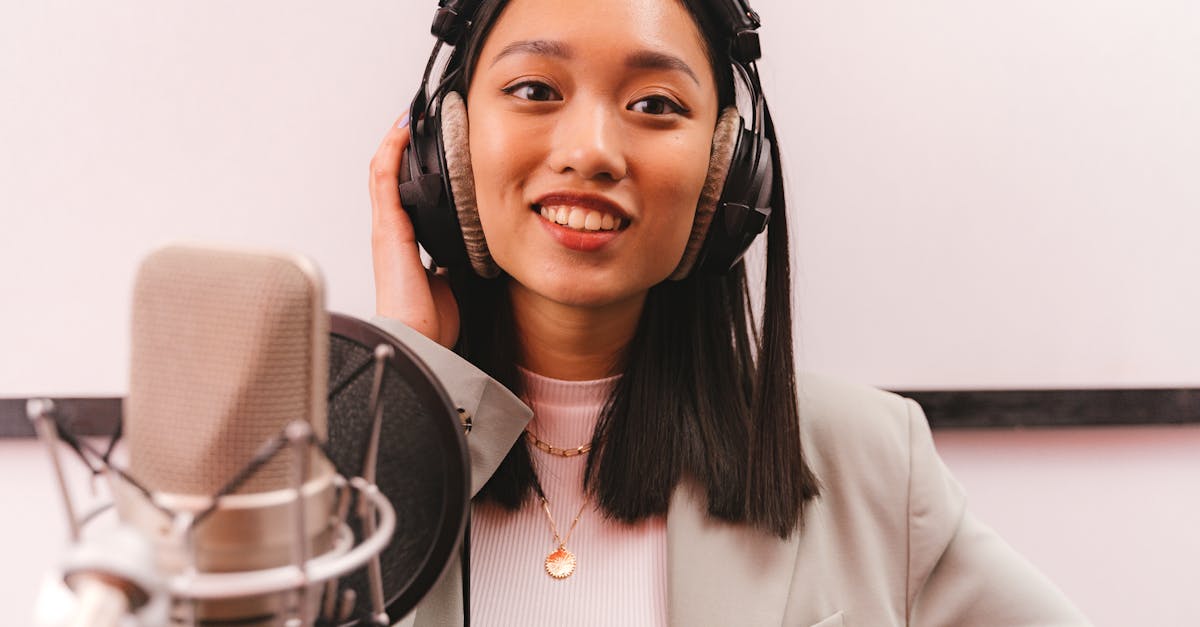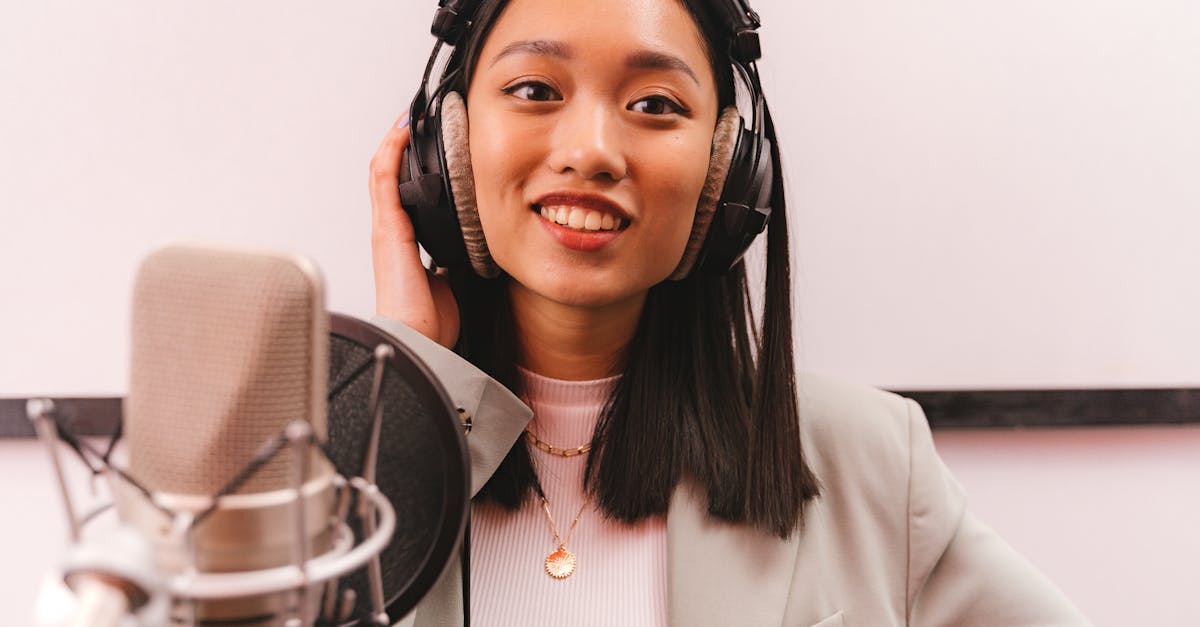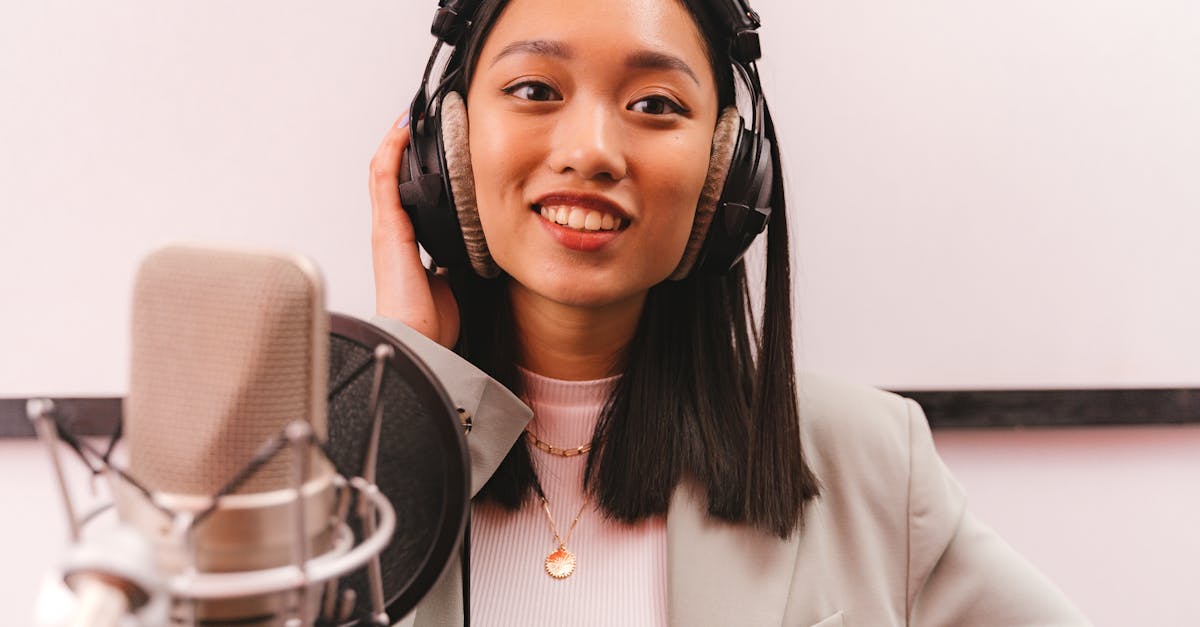How Ai Is Revolutionizing Music Production In 2025
Introduction
The music industry in 2024 stands at a technological inflection point where artificial intelligence has moved from experimental tool to core creative collaborator. What began as simple auto-tune and algorithmic recommendations has exploded into AI-generated chart-toppers, virtual pop stars, and neural network-powered production suites that are fundamentally altering how music is made, distributed, experienced—and even defined.
From bedroom producers crafting viral hits with AI co-writers to major labels deploying machine learning to predict the next global smash, we're witnessing the most significant transformation of the musical landscape since the advent of digital audio workstations. This comprehensive analysis explores every facet of AI's growing dominance across the industry, its groundbreaking applications, and the heated debates surrounding its explosive rise.
Advertisement
The Advent of AI Music
Generative AI: From Assistive Tool to Autonomous Composer
Modern AI music platforms have evolved far beyond basic melody suggestions. Systems like Suno AI, Udio, and Google's MusicLM can now:
Generate fully-produced original songs from text prompts ("a psychedelic reggaeton banger about AI taking over")
Create emotionally dynamic compositions that adapt to listener biometrics
Produce custom artist voice models capable of singing any lyrics in recognizable styles
Case Study: When "Heart on My Sleeve" (using AI-cloned Drake/The Weeknd vocals) went viral in 2023, it sparked both controversy and realization: AI could credibly emulate top artists.
The Producer's AI Toolkit 2024
Today's music software increasingly comes with AI-powered intelligence:
LANDR's AI Mastering (used by 5M+ musicians)
iZotope's Neutron 4 (smart mixing assistant)
Amper Score (instant soundtrack generation)
Boomy (one-click genre-specific track creation)
These tools have reduced what once took days in the studio to mere hours or minutes—democratizing professional-grade production.
Advertisement
Streamlined Music Production
The New Creative Workflow
Ideation Phase: AI suggests chord progressions/melodies based on artist's past work
Production Phase: Tools like Splice's CoSo auto-generate complementary beats/arrangements
Mixing/Mastering: AI analyzes reference tracks to apply optimal EQ, compression etc.
Release Strategy: Predictive algorithms determine optimal drop dates/platforms
Virtual Artists & Synthetic Media
FN Meka (AI rapper signed to Capitol Records)
Noonoouri (virtual pop star with 400K Instagram followers)
Yameii Online (anime-style AI singer)
These digital creators never tire, never cancel tours, and can be infinitely replicated across metaverse performances.
Personalized Listening Experiences
Platforms now use AI to:
Create dynamic songs that lengthen/change based on listener engagement
Generate unique versions of tracks tailored to individual moods (Spotify's "Daylist")
Produce real-time remixes during playback (like AI swapping acoustic to EDM mid-song)
Advertisement
Enhancing Creativity
Breaking Down Barriers
AI tools have effectively flattened the music industry:
A teenager in Nairobi can produce radio-ready afrobeats using BandLab's AI tools
Disabled artists create via eye-tracking composition software
Indie artists access AI marketing bots that rival label promo teams
Impact: Over 47% of Spotify's 2023 breakout artists used AI production tools.
Global Sound Collision
AI's ability to blend cultural motifs is birthing entirely new genres:
K-Pop flamenco hybrids
AI-generated "Lost" Beatles albums in Hindi
Algorithmically-designed regional fusion (e.g., Nigerian drill meets Appalachian folk)
Advertisement
Ai Trends in Music Industry
Legal & Ethical Battlegrounds
Copyright Wars
Who owns AI outputs trained on copyrighted catalogs?
Recent Development: The EU's AI Act requires disclosure of training data sources
Artist Backlash
Over 200 major artists signed the Human Artistry Campaign against unchecked AI
Labels now adding "no AI training" clauses to contracts
Authenticity Crisis
Will audiences reject "soulless" AI music?
Counterpoint: Most listeners can't distinguish AI from human-made tracks in blind tests
The Uncanny Valley of Sound
While AI can replicate technical aspects, it struggles with:
True emotional spontaneity
Culturally nuanced musical idioms
The "mistakes" that often make music feel human
Industry Solution: The rise of "AI-Human Hybrid" credits (e.g., "Produced by X with AI assistance")
Advertisement
Democratizing Music Creation
Ai has made music production more accessible globally. Emerging artists without access to expensive equipment can now produce industry-level music. Various Ai platforms offer tools for composition and sound design, opening doors for diverse voices in the music industry. This democratization promises a richer, more varied musical landscape.
Advertisement
Challenges and Considerations
As exciting as Ai in music tech sounds, it poses challenges. Intellectual property rights of Ai-generated music remain a significant concern. Questions about authorship, ownership, and originality are being debated fiercely. Balancing technological advancements with fair compensation and recognition for creators remains a pivotal discussion point.
Advertisement
Human Touch vs. Ai Precision
A key question in digital music production is the balance between human emotion and Ai precision. While Ai can imitate musical components with high accuracy, the emotive nuances of human performance are irreplaceable. Hence, collaboration between humans and Ai is often seen as the optimal approach, blending emotion with precision.
Advertisement
Future Prospects
Emerging Technologies on the Horizon
Neural Audio: Songs that adapt to listener's brainwaves in real-time
3D Sound DNA: AI reconstructing artists' voices from minimal samples
Generative Albums: Infinite variations of the same record
The Next Generation of AI Stars
Predicted developments:
AI Artist Agencies managing synthetic talent rosters
Blockchain-based royalty systems for AI training data contributors
"Living Songs" that evolve based on global listener interactions
Survival Guide for Human Musicians
Adaptation strategies proving successful:
Embrace AI as collaborator (see Grimes' Elf Tech initiative)
Focus on irreplaceable human elements (live improvisation, lyrical depth)
Develop AI literacy as core musician skill
Advertisement
Conclusion
The music industry's AI transformation presents both existential challenges and unprecedented opportunities. While debates rage about authenticity and ethics, one reality is undeniable: AI has permanently altered the creative process.
The most successful artists of coming years won't be those who reject AI, but those who learn to conduct this new synthetic orchestra—blending technological power with human artistry's irreplicable spark. As we stand at this crossroads, the future of music has never sounded more unpredictable... or more exciting.
The question remains: In this new era, what will you create when the only limit is imagination? 🎵✨
Advertisement


